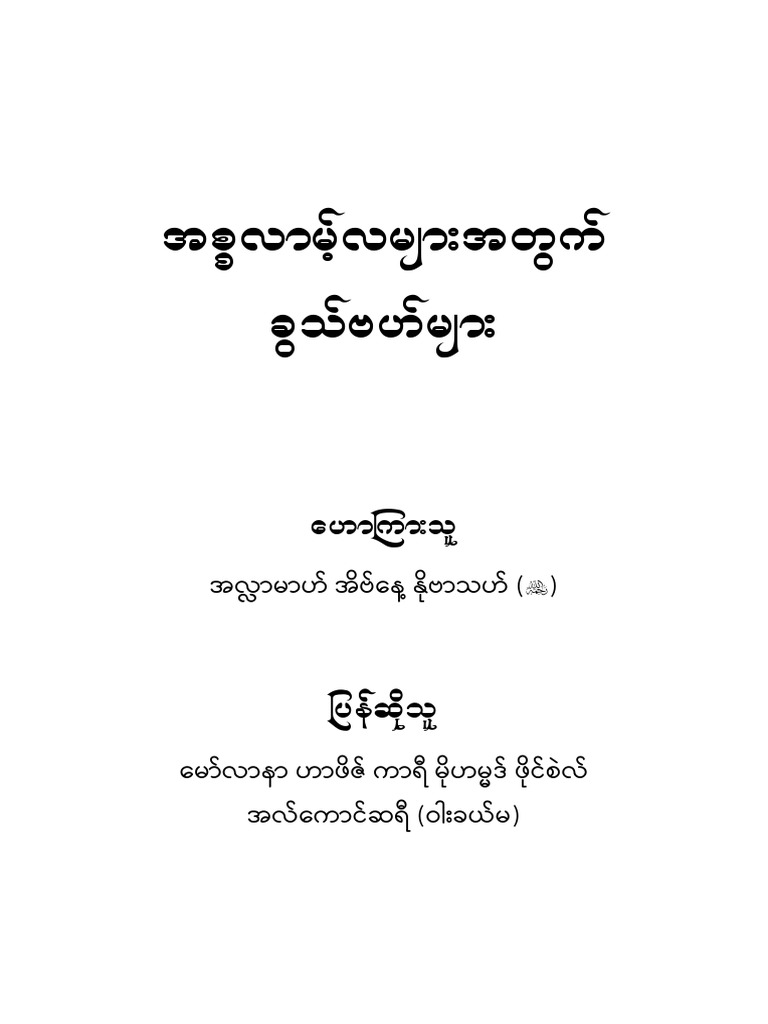Delving deeper into the nature of leadership, Ibn Nubatah accentuates the qualities that render an Imam worthy of reverence. He describes the need for knowledge, piety, and unwavering dedication to justice. This leads to the concept of ‘Adalah’ (justice), which is paramount in Shia thought. The Imam embodies the principles of equity, serving as a mirror reflecting the divine attributes bestowed upon humanity. The metaphor of a mirror is particularly poignant; it not only reflects light but also provides clarity, enabling individuals to discern right from wrong in their own lives.
Moreover, Ibn Nubatah’s teachings advocate for social responsibility, urging followers to engage with their communities actively. He posits that faith should not be a passive endeavor but rather a catalyst for social reform. In this context, the metaphor of a river comes to mind; a river flows, nurturing the lands it passes through, symbolizing the vital role of believers as agents of change. Engaging in communal welfare, alleviating suffering, and advocating for justice are not just recommended but are essential expressions of one’s faith.
In his eloquent discourses, Ibn Nubatah also emphasizes the importance of spiritual purity and the introspective journey towards self-enhancement. The metaphor of a garden beautifully encapsulates this idea: just as one must tend to a garden, nurturing plants and uprooting weeds, so too must individuals cultivate their inner selves. The meticulous process of self-examination, repentance, and spiritual growth enables one to blossom into their true potential. It is through this painstaking yet rewarding labor that one draws nearer to the Divine.
Tags
Share this on:
[addtoany]


